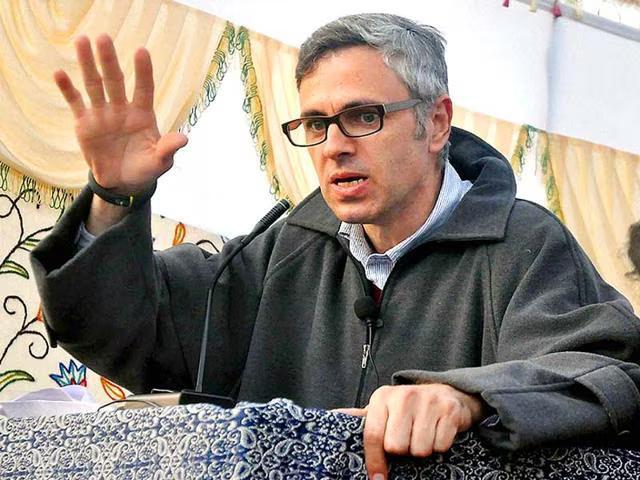
US Doesn’t Care About Any Other Country: J&K CM Omar After Trump-Pak Army Chief Lunch
The recent meeting between US President Donald Trump and Pakistan’s army chief, General Asim Munir, has sparked a heated debate across the globe. While many saw the invitation as a significant move towards improving ties between the two nations, others viewed it as a snub to India and a testament to the US’s lack of regard for other countries’ interests. One such voice is Jammu and Kashmir Chief Minister Omar Abdullah, who expressed his dismay and disappointment at the development.
In a recent interview, Omar Abdullah was asked to share his thoughts on the meeting between Trump and General Munir. His response was candid and straight to the point. “We can’t dictate to the US President whom he should invite for dinner,” he said. “We used to think the US President was our close friend, and he’d respect that, but the US does what benefits them, they don’t care about any other country.”
Abdullah’s comments are a stark reminder of the shifting dynamics of global politics and the often-fractious relationships between nations. The US has long been accused of prioritizing its own interests above those of other countries, and the Trump-Pakistan army chief lunch is just the latest example of this phenomenon.
The meeting between Trump and General Munir has been seen as a significant development in the context of the volatile region. Pakistan has long been accused of supporting terrorist groups operating in India, particularly in Kashmir, and the US has been criticized for its reluctance to take action against these groups. The meeting has been seen as a sign that the US is willing to engage with Pakistan on issues of mutual interest, despite its concerns about the country’s record on terrorism.
However, Abdullah’s comments suggest that the meeting may have sent a negative signal to India, and that the US’s priorities are not aligned with those of other nations. “The US does what benefits them, they don’t care about any other country,” he said. This comment is particularly relevant in the context of India-Pakistan relations, which have been strained for decades.
The relationship between the two countries has been marked by conflict, particularly in Kashmir, where both sides have accused each other of human rights abuses. The situation has been exacerbated by the presence of terrorist groups operating in the region, which has led to numerous attacks and deaths on both sides.
In recent years, the US has been accused of playing a double game in the region, supporting Pakistan’s military while also criticizing its record on terrorism. The meeting between Trump and General Munir has been seen as a further example of this double game, and Abdullah’s comments suggest that the US’s priorities are not aligned with those of other nations.
Abdullah’s comments are also a reminder of the importance of building strong relationships with other countries. In a globalized world, where international relations are increasingly complex and interconnected, it is essential that nations work together to address common challenges and promote shared values.
The meeting between Trump and General Munir may have sent a negative signal to India, but it also highlights the need for nations to engage with each other and build strong relationships. As Abdullah said, “We can’t dictate to the US President whom he should invite for dinner,” but what we can do is work to build strong relationships with other countries and promote shared values and interests.
In conclusion, the meeting between Trump and General Munir has sparked a heated debate about the priorities of the US and its relationships with other countries. Omar Abdullah’s comments suggest that the US does not care about the interests of other countries, and that it will do what benefits it, regardless of the impact on others. However, the meeting also highlights the importance of building strong relationships with other countries and promoting shared values and interests.
As the world becomes increasingly interconnected, it is essential that nations work together to address common challenges and promote peace and stability. The meeting between Trump and General Munir may have sent a negative signal to India, but it also highlights the need for nations to engage with each other and build strong relationships.






